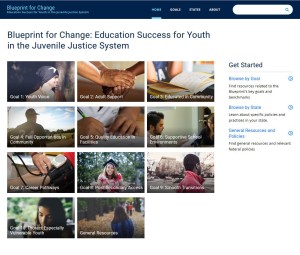Nonprofit law center sends memo blasting “guns in schools” legislation
Read the memo: Guns Don’t Belong in Our Schools
Philadelphia, PA – Deborah Gordon Klehr, Executive Director of the Education Law Center, released the following statement today in response to Senate Bill 383, which the full Senate is scheduled to vote on today:
“Everyone wants our schools to be safe for students and educators, but Senate Bill 383 does just the opposite and puts our students in danger. Guns have no place in schools, and arming teachers and other school personnel will not make schools safer while dramatically raising the odds that students will be injured or killed because of a fatal mistake.
There is not one credible national, state, or local organization that supports the idea of arming school personnel. Even the Pennsylvania government’s own research into school climate and school safety rejects guns in schools: a 2014 Pennsylvania House Select Committee explicitly recommended against arming school personnel, and the 2016 Joint State Government Commission Advisory Committee issued a lengthy report recommending changes to improve school climate that made no mention of arming teachers or staff members as a solution.
A recent amendment to the bill means the public won’t even know whether the teachers in a school are carrying concealed weapons.
If lawmakers are serious about improving school safety, they will instead invest resources into evidence-based programs that are shown to improve school climate and prevent violent incidents before they happen, including positive behavior supports, mental health services, and school counselors and psychologists.”
###
The Education Law Center-PA (“ELC”) is a non-profit, legal advocacy organization dedicated to ensuring that all children in Pennsylvania have access to a quality public education. Through legal representation, impact litigation, trainings, and policy advocacy, ELC advances the rights of vulnerable children, including children living in poverty, children of color, children in the foster care and juvenile justice systems, children with disabilities, English language learners, LGBTQ students, and children experiencing homelessness. For more information visit https://elc-pa.org/ or follow on Twitter @edlawcenterpa.
 ELC is proud to to announce the launch of a dynamic new website focused on educational success for youth involved in the juvenile justice system –
ELC is proud to to announce the launch of a dynamic new website focused on educational success for youth involved in the juvenile justice system –